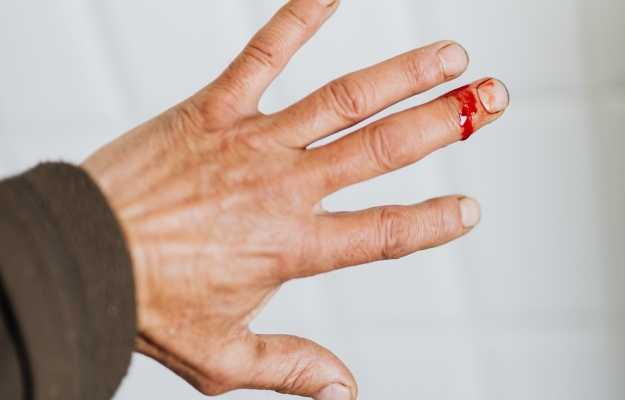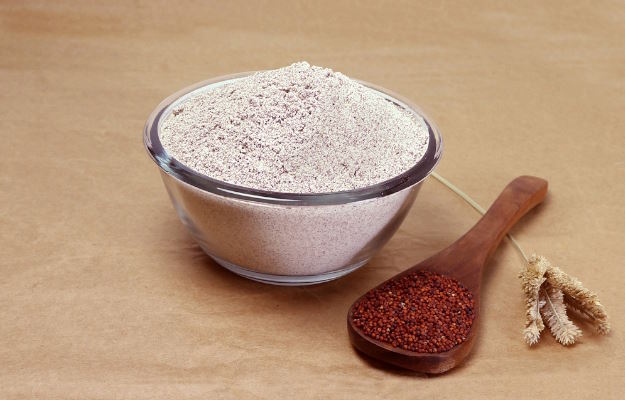Diabetes occurs when the human pancreas is unable to produce enough insulin, or even if it can produce enough, the body fails to utilize insulin properly. Insulin is a hormone that allows our body to turn glucose, or sugar, into energy. If our body struggles to metabolize glucose, it can lead to high blood sugar levels.
By clicking on the link given here, you will be able to know what is the treatment of diabetes.
Long-standing diabetes is often responsible for many complications like heart disease and kidney disease. Unmanaged diabetes also accelerates the chances of severe infections.
Irrespective of the duration of diabetes, though, it is commonly observed that wounds take longer to heal if a person has diabetes. Medical research has documented a clear cause-effect relationship between diabetes and slow wound healing.





























